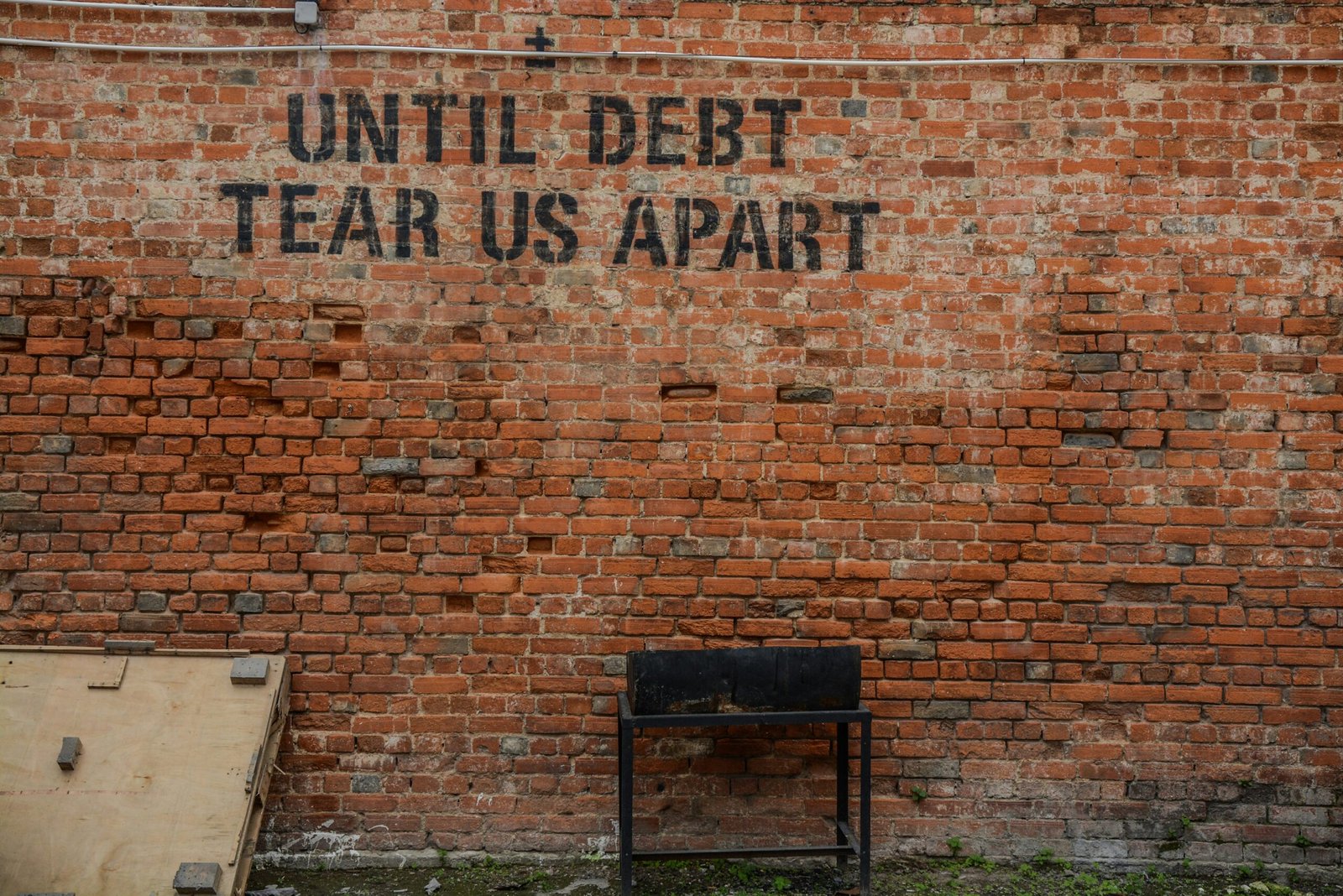Introduction
Debt can be a significant burden for many individuals and families. Whether it’s student loans, credit card debt, or a mortgage, finding effective strategies to repay your loans faster can help alleviate financial stress and provide a sense of freedom. In this blog post, we will explore some tips and strategies to help you pay off your debt more quickly.
Create a Budget
One of the first steps in any debt repayment strategy is to create a budget. A budget allows you to track your income and expenses and identify areas where you can cut back and save money. Start by listing all your sources of income and then subtract your fixed expenses such as rent or mortgage payments, utilities, and insurance. Next, allocate a portion of your remaining income towards debt repayment.
By creating a budget, you can gain a clear understanding of your financial situation and make informed decisions about how much you can afford to allocate towards debt repayment each month.
Focus on High-Interest Debt First
If you have multiple loans or credit card balances, it’s essential to prioritize your debt repayment. Start by focusing on the debt with the highest interest rate, as this is the debt that is costing you the most money over time. By paying off high-interest debt first, you can save money on interest payments and accelerate your debt repayment.
Make the minimum payments on all your other debts and allocate any extra money towards the high-interest debt. Once you have paid off the first debt, move on to the next highest-interest debt and continue this process until all your debts are paid off.
Consider Debt Consolidation
If you have multiple high-interest debts, such as credit card balances, you may want to consider debt consolidation. Debt consolidation involves combining all your debts into a single loan with a lower interest rate. This can make your monthly payments more manageable and potentially save you money on interest payments.
There are several options for debt consolidation, including personal loans, balance transfer credit cards, and home equity loans. It’s important to carefully consider the terms and fees associated with each option and choose the one that best suits your financial situation.
Make Extra Payments
Another effective strategy for paying off your debt faster is to make extra payments whenever possible. This can include making larger monthly payments or making additional payments throughout the year. By making extra payments, you can reduce the principal balance of your loan more quickly, which will result in less interest being accrued over time.
Look for opportunities to increase your income or reduce your expenses to free up extra money for debt repayment. This could include taking on a side job, selling unused items, or cutting back on discretionary expenses.
Automate Your Payments
To ensure that you never miss a payment and incur late fees, consider automating your debt payments. Most lenders offer automatic payment options, allowing you to set up recurring payments from your bank account. By automating your payments, you can eliminate the risk of forgetting to make a payment and potentially damaging your credit score.
Before setting up automatic payments, make sure you have enough funds in your bank account to cover the payments. You can also set up reminders in your calendar or on your smartphone to help you keep track of when payments are due.
Seek Professional Help
If you’re struggling to repay your debt or are unsure about the best strategy for your situation, consider seeking professional help. There are credit counseling agencies and financial advisors who specialize in helping individuals and families manage their debt.
A credit counselor can review your financial situation, help you create a budget, and provide guidance on debt repayment strategies. They may also be able to negotiate with your creditors to lower interest rates or create a more manageable repayment plan.
Conclusion
Repaying your debt faster requires discipline, commitment, and careful planning. By creating a budget, prioritizing high-interest debt, considering debt consolidation, making extra payments, automating your payments, and seeking professional help when needed, you can take control of your financial situation and work towards a debt-free future.
Remember, paying off your debt may take time, but with the right strategies in place, you can make significant progress and achieve your financial goals.
